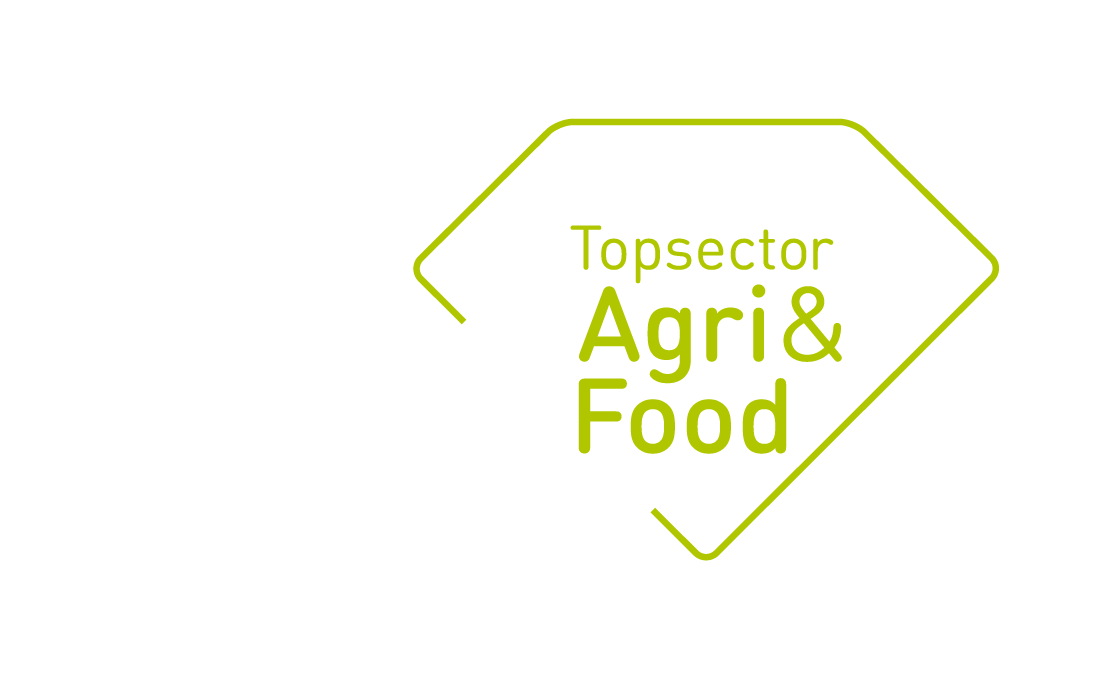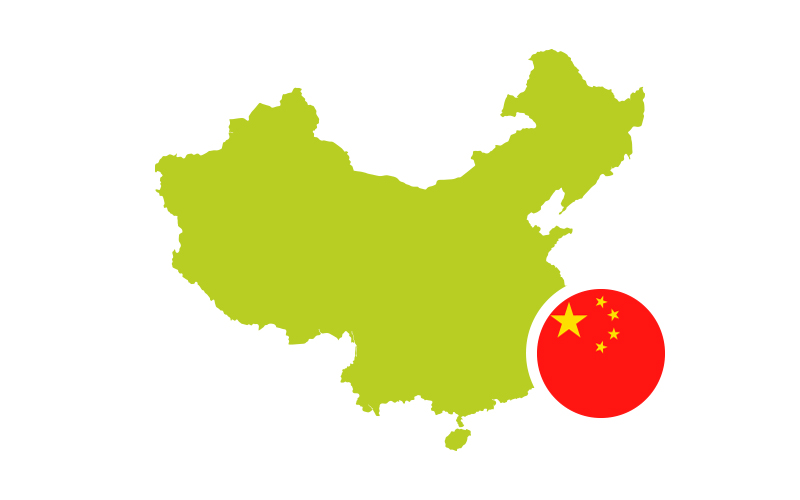Project title: Feasibility of Chino-Dutch Seaweed Exchange
Project number: SMP-19060
Requesting country: China
Year: 2019
Budget: € 40,000
Project leader: Sander van den Burg
Knowledge institute: Wageningen University & Research
Project partners: Ministry of Foreign Affairs, Stichting Noordzeeboerderij, Lambers-Seghers, Barentz International, Seamore
Summary
The global seaweed industry is currently dominated by Asian countries, with China and Indonesia being the main producers of raw material. Processing facilities are more and more concentrated in China and a large part of the seaweed biomass produced in Indonesia and Chile are now exported as raw material to China for further processing.
The Dutch seaweed sector is seen as an important future source of agricultural production. Start-ups and established companies have stepped into this sector, developing new production systems and machinery required for efficient large-scale production and harvesting, and exploring new consumer products, feed and non-food applications. Now that evidence has shown that seaweed aquaculture in the North Sea is feasible, and companies are drafting plans for large-scale cultivation, the question of how the Dutch seaweed sector should position itself on the international market becomes relevant.
At first sight, the Dutch and Chinese seaweed sectors appear to be worlds apart, with their own sets of challenges for the future. However, on closer examination the solutions to overcome these challenges may not be so dissimilar. The Dutch seaweed sector is young and in its early stages of development. Upscaling will depend on the availability of high quality seeding material, mechanisations to reduce costs and positive perception by the public. To achieve the latter, and to satisfy consumers and retailers alike, the sector will need to demonstrate low or positive environmental impacts of its production processes with a high degree of transparency. The Chinese seaweed sector, on the other hand, is well established but it has shown little innovation in recent years. It still relies on heavy manual labour and has a troubled track-record in terms of environmental impact and sustainability. Thus, similar to the Dutch seaweed sector, improvement of production processes through technological advancements, higher quality seedlings and transparency in the value chain are needed.
The objective of this project is to instigate joint development of sustainable and circular seaweed production systems for the Chinese and Dutch seaweed sectors. This project aims to strengthen ties with the Chinese seaweed sector, identify and discuss shared solutions that will ensure a sustainable development of the seaweed sector in both the Netherlands and China, and instigate follow-up actions between (consortia of) companies.
Deel dit bericht


